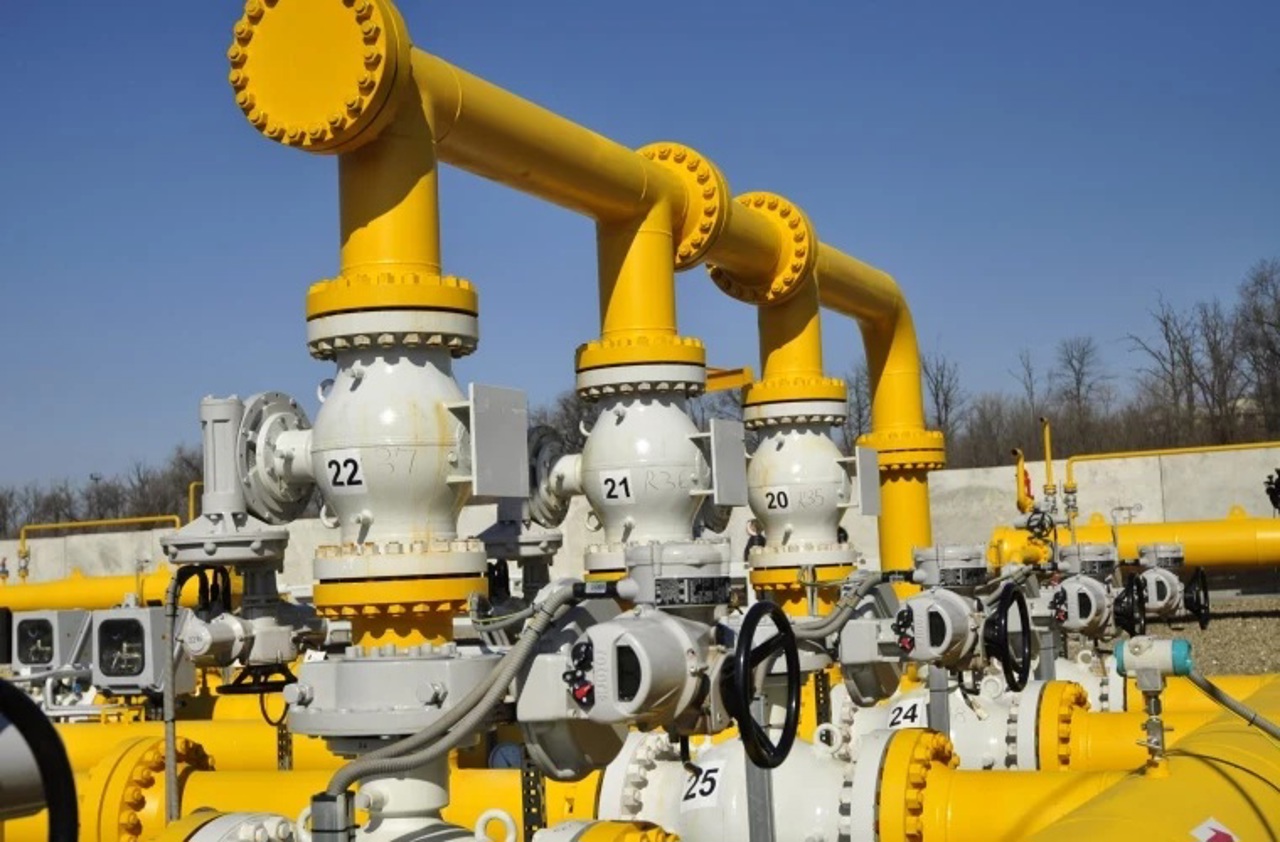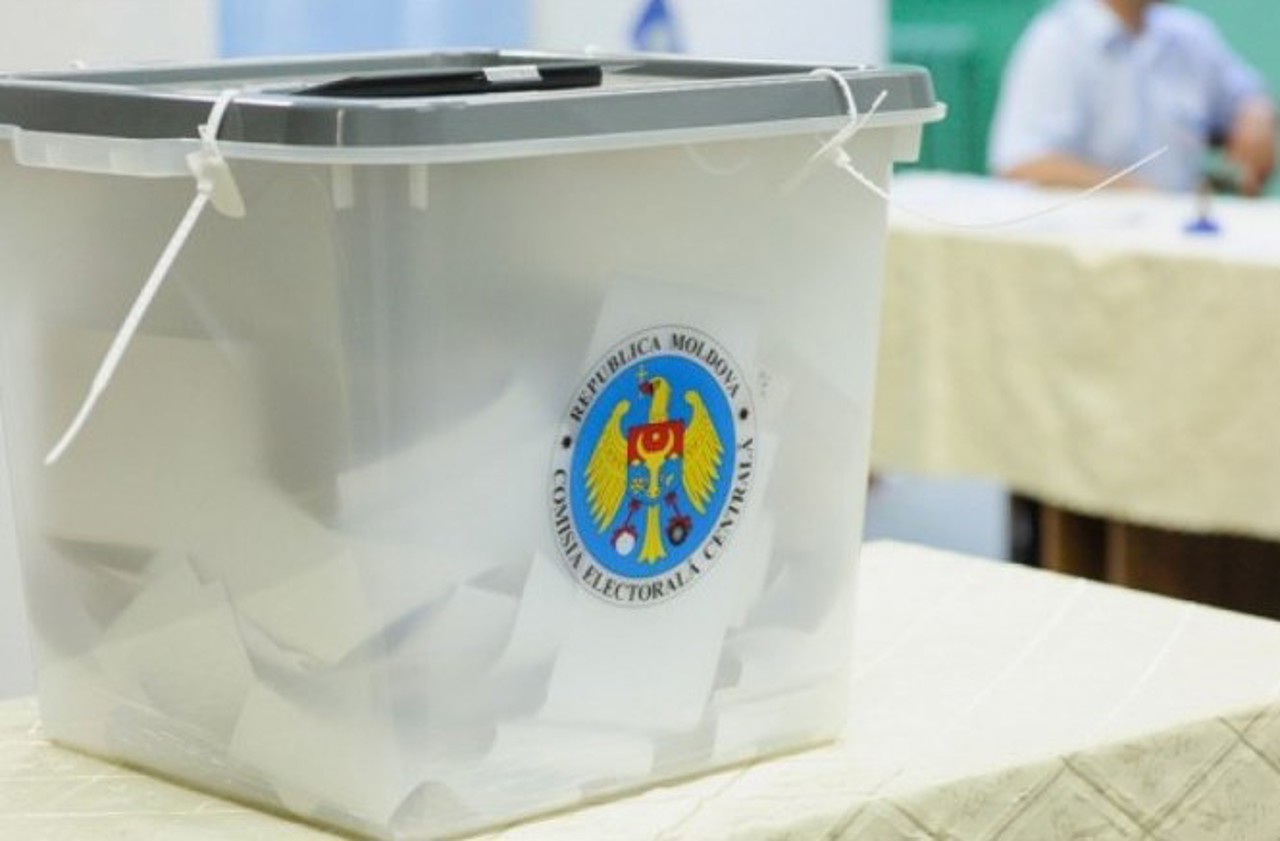Russia cuts gas to Transnistrian region, fueling Moldova chaos

The Russian Federation has "sharply reduced" gas supplies to the Transnistrian region, leading to factories in the region sending all employees on temporary furlough until the end of the week, Alexandr Slusari, a member of the SA "Energocom" Board of Directors, announced on Monday.
Security expert Andrei Curăraru asserts that this decision by Moscow aims to destabilize Moldova before the current autumn parliamentary elections.
"Gas stations are closed, and they say there will soon be no natural gas. It is rumored that Russia is demanding Transnistria initiate provocations against Chișinău in return," Alexandr Slusari stated.
Both Alexandr Slusari and security policy expert Andrei Curăraru assert that the directive originated from Serghei Kirienko, deputy head of the Russian presidential administration, with the aim of "creating chaos before the parliamentary elections in Moldova."
"Russia did not completely cut off gas; instead, it did something more dangerous – it sharply curtailed supplies to the left bank of the Dniester. As a warning, the separatist regime has been brought to its knees: natural gas deliveries have been reduced, filling stations blocked, factories closed, and people sent on temporary furlough. Serghei Kirienko, deputy head of the Russian presidential administration, is the architect of this operation and has already begun the election campaign not in Moscow, but in Moldova. The objective is to incite chaos before the parliamentary elections, thereby enabling pro-Russian parties to enter Parliament through blackmail and fear," the expert emphasized in a video posted on social media.
Daniel Vodă, the government spokesperson, did not respond to journalists who requested a comment on the gas supply situation in Transnistria.
On June 6, the self-proclaimed Tiraspol authorities announced that compressed natural gas would only be supplied for emergency, paramilitary, and specialized vehicles.
"Gazprom" had previously suspended natural gas deliveries to the left bank of the Dniester from January 1, 2025, following the expiration of the Russian-Ukrainian transit contract, which triggered an energy crisis in the region. Transnistrian residents were left without heating and electricity for several hours a day in the depths of winter.
As of February 1, supplies were initially resumed through natural gas purchases from European markets, financed by the European Union, and subsequently, through a loan provided by the Russian Federation to the Transnistrian region of Moldova.
Translation by Iurie Tataru




